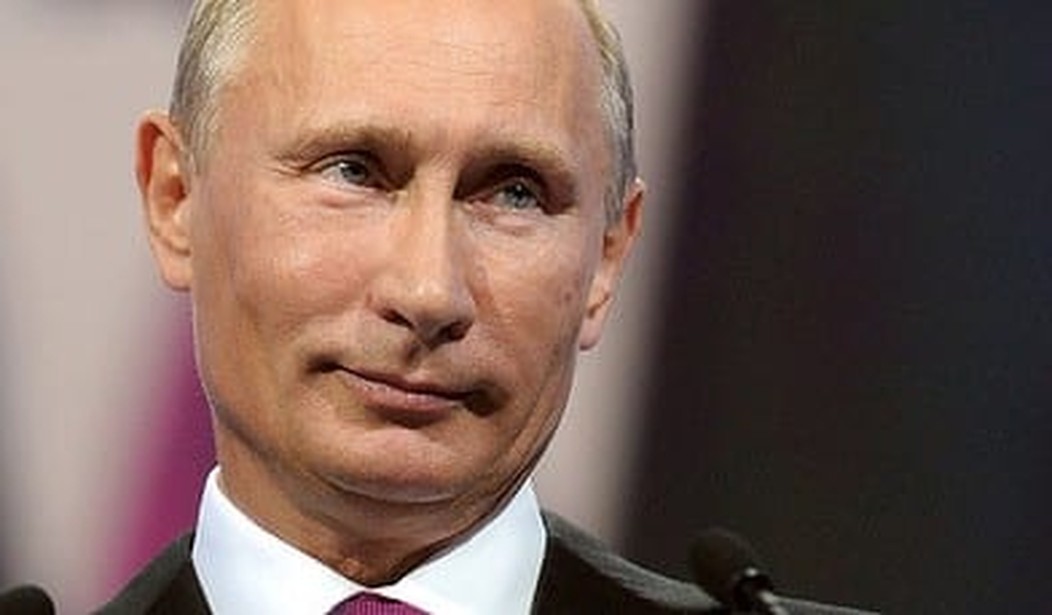WASHINGTON – Defense Secretary Chuck Hagel said Friday that NATO should reassess its relationship with Russia in light of its recent actions and called for a renewed commitment to the alliance, while a former Russian foreign minister warned the West about leaning on “empty threats.”
Hagel, who called the crisis in Ukraine “a clarifying moment for the transatlantic alliance,” said Russia’s incursion into Ukraine “shatters the myth” that the end of the Cold War had brought permanent peace to Europe.
Hagel evoked the alliance’s origins after World War II as a bulwark against communist aggression in Europe.
“Russia’s recent action in Ukraine has reminded NATO of its founding purpose,” Hagel said at a forum on NATO expansion at the Wilson Center. “NATO members must demonstrate that they are as committed to this alliance as its founding members were who built it 65 years ago.”
He said NATO must balance a renewed emphasis on territorial defense with its unique “expeditionary capabilities” because threats to the alliance “neither start or stop at Europe’s doorstep.”
“While we must continue to build a more peaceful and prosperous global order, there is no postmodern refuge immune to the threat of military force,” Hagel said. “And we cannot take for granted – even in Europe – that peace is underwritten by the credible deterrent of military power.”
He urged NATO partners to “reinvigorate the unrivaled joint planning, exercises, and capabilities that are [the alliance’s] lifeblood.”
He noted that the European economy is overall larger than that of the U.S., but U.S. spending is three times the total among NATO partners.
“Going forward, the Department of Defense will not only seek, but increasingly rely on closer integration and collaboration with allies – and in ways that will influence U.S. strategic planning and future investments,” Hagel said.
He said that many of NATO’s smaller members have pledged to increase their defense investment, but without similar actions from the larger members, NATO’s “integrity, cohesion, and capability” could suffer.
“The alliance cannot afford for Europe’s larger economies and most militarily capable allies not to do the same, particularly as transatlantic economies grow stronger,” Hagel said. “We must see renewed financial commitments from all NATO members.”
Last week, Secretary of State John Kerry urged NATO allies not meeting the 2 percent benchmark to boost their payments to the alliance in the next five years.
Both the U.S. and Europe are facing tighter budgets and facing other fiscal challenges, making politicians reluctant to spend money on defense. Hagel said that NATO’s military leaders could play an important role in convincing policymakers about the consequences of reduced defense spending.
“Having participated in the NATO defense ministerial [summits] over the last year-and-a-half and having met with all of my NATO counterparts, I’ve come away recognizing that the challenge is building support…for defense investment across our governments, not just in our defense ministries,” he said.
Hagel called for the inclusion of finance ministers or senior budget officials at future NATO ministerial summits focused on defense investment.
“This would allow them to receive detailed briefings from alliance military leaders on the challenges we face,” he said.
While Ukraine is not a NATO partner, Russia’s recent actions have prompted the U.S. and NATO to move troops into Eastern Europe, including 600 troops moving into Poland and the Baltic states in late April for exercises.
Hagel said that investing in the alliance and collective security means more than just “investing in our militaries alone.” It also means that the U.S. and Europe “must partner together over the long term to bolster Europe’s energy security and blunt Russia’s coercive energy policies.”
Also speaking at the event, Wlodzimierz Cimoszewicz, former prime minister of Poland, said the Western countries have not reacted appropriately to the Ukraine crisis. He called it a “risky tactic” not to stop Russia’s aggression because it might lead to a much more “difficult situation” in the future.
“There’s one element of this crisis that will be very difficult to resolve and that is the future of Crimea,” Cimoszewicz said. “There’s a part of the Ukraine that was stolen illegitimately by an aggressor. If we really believe in the rule of law, and we’re serious about the values and principles of international law, then we have no other option than to say Crimea must be given back to Ukraine.”
The Obama administration announced last week a new round of economic sanctions targeting seven Russian individuals and 17 companies linked to Russian President Vladimir Putin’s financial circle, and made it harder for them to obtain U.S.-made products. Likewise, the EU released a list of 15 more individuals it is hitting with asset freezes and travel bans.
Andrey Kozyrev, the first post-Soviet Russian foreign minister, said the West has been very inconsistent in its response to Russia’s actions, saying, “there should be consistency between words and actions.”
“Stay away from empty threats. If you feel that it was aggression, and you call it that way, then your words should mean something, otherwise it is counter-productive,” Kozyrev said. “If you’re not ready to do something, don’t say you are.”









Join the conversation as a VIP Member